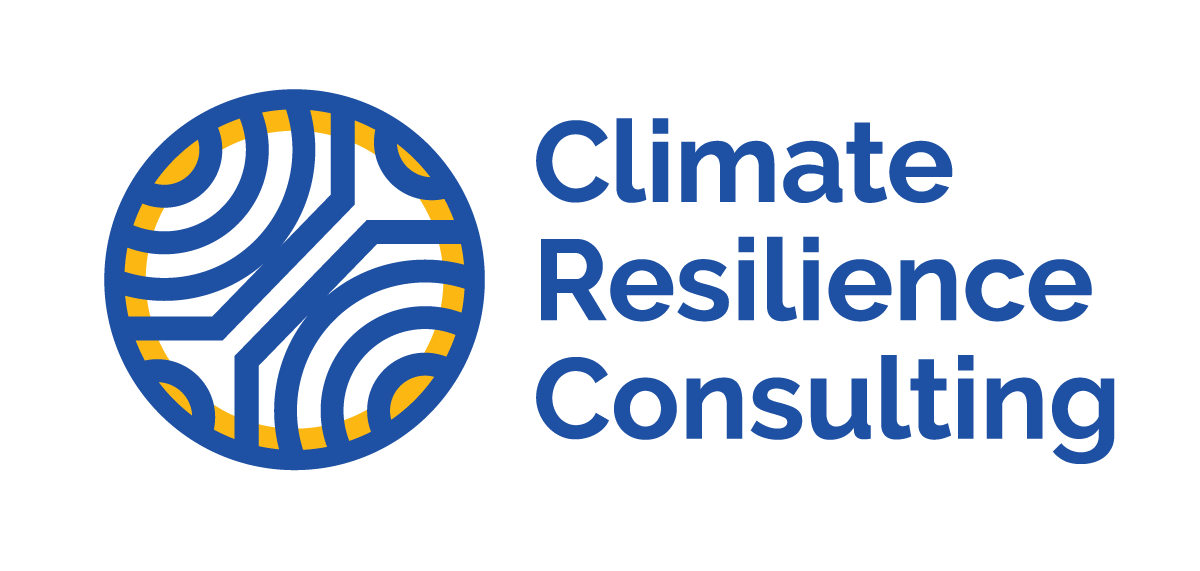On the first anniversary of my blog, I find it remarkable that I have yet to mention Geoengineering. It’s been satisfying to focus on corporate climate adaptation as it relates to investors, the insurance industry, CEO communications in a crisis and the how tos of a corporate climate adaptation plan, among other topics. But today, I’m thinking beyond the limits of corporate America to a global adaptation: geoengineering – the deliberate modification of a planet's environment by the addition or subtraction of a resource or energy input on a massive scale.
Thanks to Marc Gunther, who created the most interesting elements of this April’s Fortune Brainstorm Green, a geoengineering discussion with Harvard physicist and entrepreneur David Keith, I was reminded of the timeliness of this important topic. Among other things, Dr. Keith is a proponent of developing industrial scale technologies for capturing carbon dioxide from the air. May’s New Yorker article The Climate Fixers by Michael Specter offered a layperson’s perspective. Then in June EDF’S Newsletter, EDF initiates global conversation on geoengineering, and USA Today Dan Vergano’s, Can geoengineering put the freeze on global warming? , focused my attention on the issue again. While I may think geoengineering should stop at cloud seeding to protect the Olympics, it seems only a matter of time before we apply geoengineering at a bigger scale. So I ask:
- Who gets to test this big idea?
- What is the size of the pilot? Local, regional, national or global scale?
- When do we start the experiment? Is now the right time, before the oceans acidify and the glaciers melt irreversibly (in this millennium)?
- Can we control these experiments? Who is to say a storm or drought that occurs after them is not due to some other force? How will we know that consequences are due to geoengineering?
- Who pays? Some claim the costs are declining, but can international bodies prioritize the funds, and should they be the bank?
- How shall we feel when a country or sector at extreme risk from climate change takes matters into its own hands?
- Who should be the winners and the losers? Is it better or worst that we cannot necessarily predict the outcome? Do emerging economies get a break, or do the poor remain at greatest risk?
I wish I could devote more time to studying the science, technologies, engineering – as well as politics and international government of this issue. For now, I content myself with these questions.
